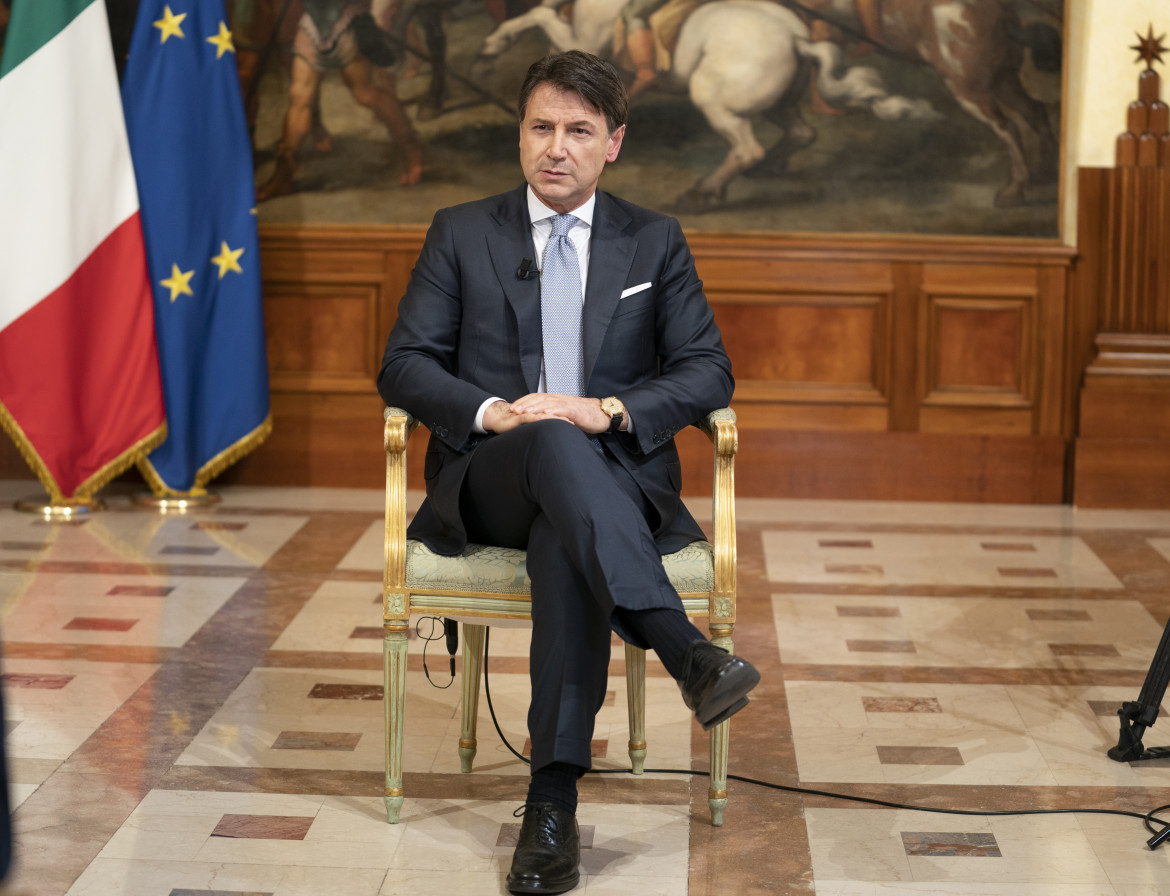Commentary
Italy’s 2021 budget should have charted the path against climate change
Disputes among the majority have led to yet another postponement of the cuts in subsidies to fossil fuels, which would free up resources for useful funding.

There are bonuses for the purchase of faucets, smartphones and machinery for chefs, vouchers for prescription glasses, incentives for the purchase of cars and much more.
The passage through the Chamber of Deputies of the Budget Law for 2021 has added even more bonuses and extras to the text presented by the government, with the ostensible aim, according to the statements of the parties, to support families and rescue the economic fabric of the country. This is nothing new, as this has always been an end-of-year step that is useful to strengthen political alliances, to broaden support and respond to the demands of the productive sectors.
But this time it was a different case, as the country finds itself in an unprecedented social and economic crisis, and, in order to deal with the COVID crisis, it had already passed four budget adjustment laws for which the same approach had been used.
Thus, it was expected that the Budget Law would finally start on a new path, where one might begin to see the ideas, investments and reforms that Europe is asking us to put in place as part of the new and extraordinary Next Generation EU program. Instead, everything has been postponed until next year, when we will have to present the Recovery Plan, which will have to contain the vision and decisions for the re-launch of the country, focused on equity, investment in green policies and digitalization.
For environmental issues, this situation is particularly worrying, because the resources made available by Europe are truly unprecedented, as is the ambition of the objectives required.
Unfortunately, disputes among the majority have led to yet another postponement of the cuts in subsidies to fossil fuels, which would free up resources for useful funding, and, at the last Council of Ministers, the stop to new drilling for oil and gas was also taken out.
And yet, no other government has ever made such major promises in the fight against climate change and in a green direction to re-launch the economy.
And it is precisely such choices that would be the most effective today to restart the country after the lockdown, giving the opportunity for families and businesses to reduce energy costs and to unlock investment in cities that would help commuters and increase quality of life, which would allow the strengthening of the fabric of companies that are betting on renewable energy and the circular economy, quality and innovation.
But to do all this, incentives are not enough: it is necessary to propose a vision of the change that one wants to bring in different sectors, and consistent reforms in order to shift the focus of attention and investments.
A symbolic lowlight is the extension for six months of the superbonus for the redevelopment of buildings, approved with the Budget Law. It is an incentive that is unique in the world, which pays off all the expenses for everyone, regardless of people’s real spending power and of the extent to which the interventions made really cut consumption and household bills.
What will happen next, and how to give continuity to the investments that are really effective, is unknown. But the €420 million put up for the renewal of the car stock should also make us think, after the €750 million allocated in 2020, meant for the purchase of both polluting diesel cars and those with zero emissions, simply because the country has not yet decided which way to go.
We must never forget that the available resources are limited, that there are more families in poverty, people without work, companies that risk being closed down, and it is not acceptable that public spending should continue to be dispersed among bonuses for which no one knows their real effectiveness, or is willing to go out and measure it.
Now that a terrible year is ending, a political transition of enormous responsibility begins: in the coming weeks, we must accelerate the work on the Recovery Plan and send a clear message to the country on how we want to get out of the crisis, with clear ideas and viable proposals. The most serious mistake that must be avoided is managing this issue as if it were a problem about the relationship between Conte and Renzi, about appointments in the seats of power and about the figures of the managers who will implement the projects.
The obvious limitations of the first draft of the plan can be overcome only by starting a debate with the country, as the Inequality Forum and Legambiente have been asking for months, without hiding behind the hastened pace or the fear of having to question decisions on which an agreement had already been found, but which now appear to be clearly mistaken.
Edoardo Zanchini is the vice president of Legambiente.
Originally published at https://ilmanifesto.it/investimenti-green-dopo-tante-promesse-ancora-un-rinvio/ on 2020-12-27
